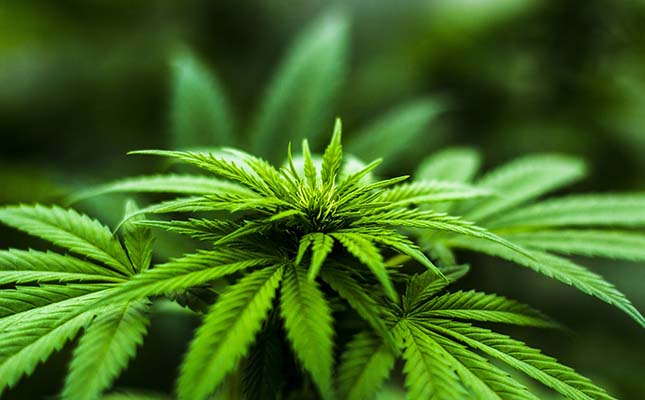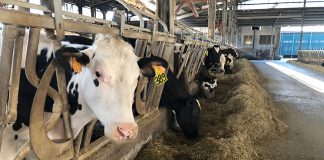
Photo: Pixabay
Although a bill was passed by the US House of Representatives on 1 April to end that country’s federal ban on the recreational use of marijuana, it is not expected that it will be passed by the Senate.
According to the US Congress website, the Marijuana Opportunity Reinvestment and Expungement Act of 2020 (MORE Act) decriminalised marijuana.
“Specifically, it removes marijuana from the list of scheduled substances under the Controlled Substances Act and eliminates criminal penalties for an individual who manufactures, distributes, or possesses marijuana,” a report on the website said.
However, Joshua Krane, vice president of operations at 4Front, the company behind a cannabis mega-factory in California, said he hoped that federal legalisation of the substance would allow the company to expand the distribution of “joints”, oils and edibles beyond the borders of the state.
Recreational marijuana consumption was legalised in California in 2016, but remained on the US federal list of controlled substances.
Krane told Reuters that the company’s almost 15 800m2 manufacturing and processing plant on the outskirts of Los Angeles had the capacity to supply consumers on the entire US West Coast with cannabis products, if restrictions were lifted.
“This facility was designed to really be future-proof for us in terms of being able to service not just the entire California market, but once we have the ability to transport cannabis and sell cannabis across state lines, to be able to really feed the West Coast of the country,” he said.
At present, the factory, which was opened in November last year, was operating at 20% to 25% of capacity, Krane said.
According to Krane, the highly automated facility was the largest in California and manufactured both in-house brands and that of the business’s partners, including oils, tinctures and several types of sweets.
According to data from a legal firm in Los Angeles, Lluis Law, there were just over 200 legal cannabis producers across California.
“The area where the most marijuana is cultivated in California is to the north in the so-called Emerald Triangle. It includes Humboldt, Trinity and Mendocino counties where 60% of all US cannabis is produced. Until mid-2019, just over 1 500 producers operated with provisional permits.
Unlike other drugs, California’s marijuana laws allowed its possession, use, and cultivation for recreational purposes.”
Cannabis products had been legal in the state for medicinal use since 2016, while recreational use was authorised for those over 21 years of age to purchase, possess, and consume up to 28,5g of marijuana in 2018.
Consumption must take place in one’s own residence or in an authorised establishment, Lluis Law said.













